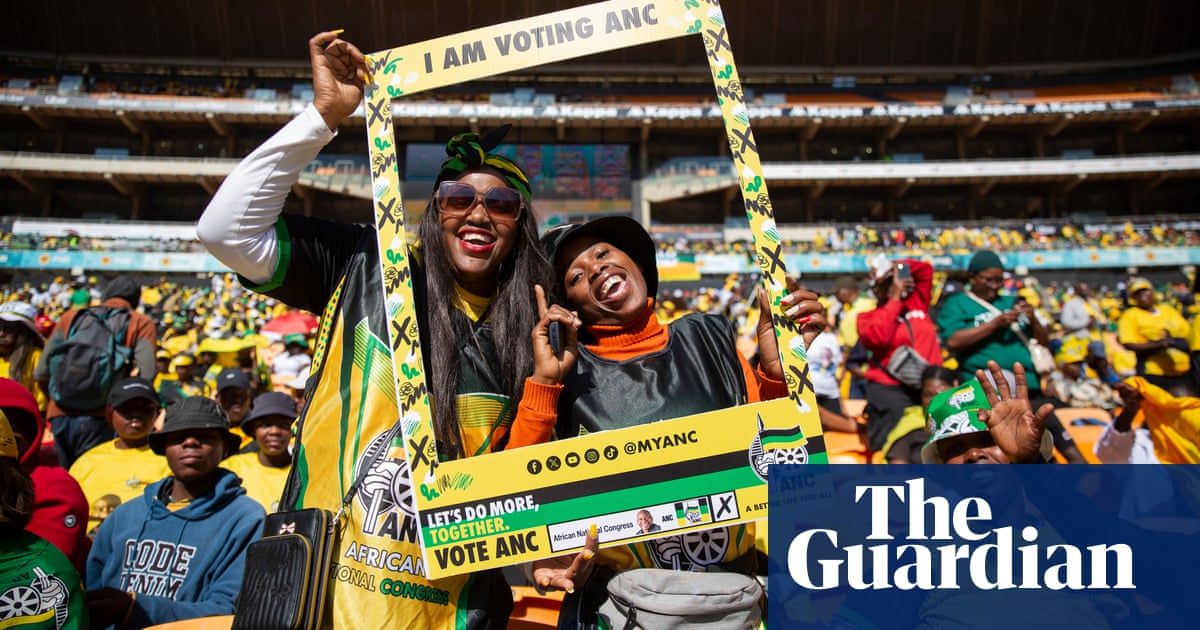
Turkish President Recep Tayyip Erdogan faces unprecedented competition in the parliamentary and presidential elections that will take place on Sunday. Erdogan — who has been in power since 2003, firstly as prime minister and as president since 2014 — has tried to present himself as the one and only leader who is capable of crushing all his opponents.
It is true that the elections this time seem to be a repetition of previous ballots for Erdogan and the ruling Justice and Development Party, but what is new today is the strong presence of the Turkish opposition in its various colors — nationalist, secular and Kurdish — compared to previous years.
Erdogan remains a strong leader, but it should not be forgotten that the opposition has managed to overcome its divisions and present candidates of relative popularity. The opposition to the Turkish president is not limited to the secularists, who view Erdogan’s policies as undermining the secular foundations of the modern Turkish state and pushing the country toward religious extremism and monopolization of power, and the nationalists, who are increasingly against immigration and the Kurds. There are also those who have gathered under the umbrella of economic opposition. Erdogan has based his popularity on the economic boom of the last decade, but this reality has fallen sharply, putting the Turkish leader in an unenviable position.
Although Erdogan is the favorite to win the election, his success, according to many analysts and observers of Turkish affairs, is not settled. This presidential election is of exceptional importance from the perspective of Turkey’s future, its political system and its international positioning. But the most specific factor under scrutiny is the character of the current president, Erdogan, about whom Turkish society has been sharply divided. In principle, it is possible to talk about the front of Erdogan’s supporters and the front of his opponents.
The People’s Alliance, which includes the Justice and Development Party, the Nationalist Movement Party and the Great Unity Party, is running in the presidential election with only one candidate, Erdogan, while the opposition parties have failed to agree on a single candidate. This was supposed to be ex-president Abdullah Gul, but instead each party has nominated its own candidate.
The Peoples’ Democratic Party, which represents Turkey’s Kurds to a large extent, has remained outside alliances, having been rejected by both the ruling and the opposition parties, and has nominated its jailed leader Selahattin Demirtas, who is still waiting to appear in court.
Almost all observers of the political scene in Turkey agree that Erdogan’s chances are stronger than all of his rivals, but they differ on some details, including: Is Erdogan going to win in the first round with 51 percent of the votes, or is he going to fail to achieve that percentage and need a second round? And who will be the strongest rival to face Erdogan in the second round?
Although Erdogan is the favorite to win the election, his success, according to many analysts and observers of Turkish affairs, is not settled.
Diana Moukalled
Maral Akchner, chairman of the I Party, managed to secure 100,000 signatures in just four hours to become an official candidate. There are expectations that she could take second place, after Erdogan, making her the incumbent president’s only rival in the case of a second round.
However, Demirtas retains a large support base and is expected to get the votes of the majority of the Kurds, although their proportion to the general electorate is not enough to win him the presidency. But, more importantly for his party, is that it may hold the key to the election result. If it fails to pass the 10 percent threshold of votes, it would not be allowed to have any deputies in parliament, and its votes would mainly be transferred to the ruling party, which would be a net loss for the opposition parties and a net profit for the Justice and Development Party.
The opposition alliance of four parties essentially renounced the Peoples’ Democratic Party to satisfy Akchner’s party, which does not accept any kind of cooperation with the Kurdish group. Thus we note that the opposing national poles, Turkish and Kurdish, in Turkey’s political scene constitute the decisive factor in the elections, which effectively means the fate of the country.
The bottom line is that all the conditions for Erdogan and the Justice and Development Party to win are in place, yet there is a sense of anxiety ahead of polling day.
Diana Moukalled is a veteran journalist with extensive experience in both traditional and new media. Twitter: @dianamoukalled
Disclaimer: Views expressed by writers in this section are their own and do not necessarily reflect Arab News" point-of-view












